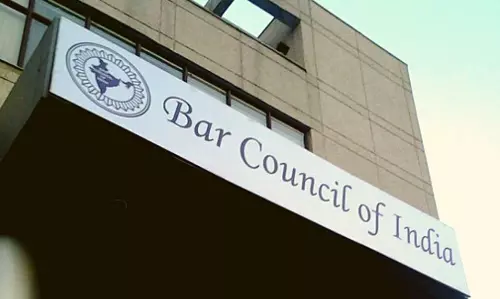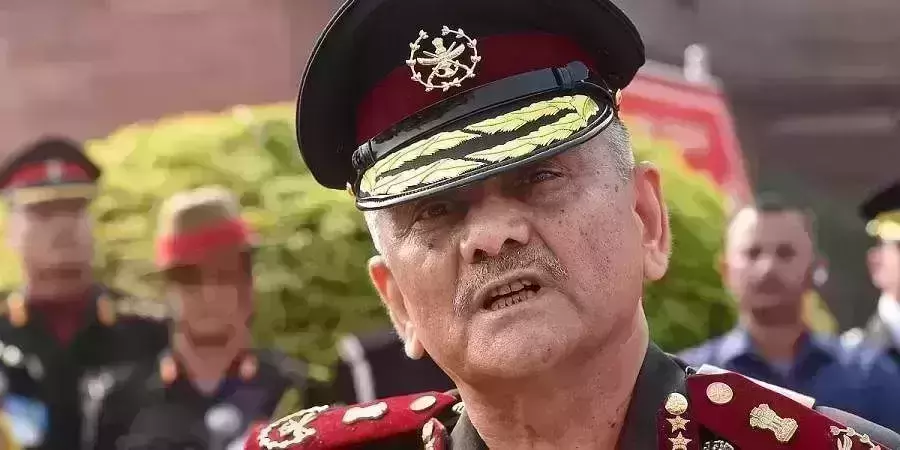
Thai ex-PM Yingluck skips court, arrest warrant issued
text_fieldsBangkok: Thai ex-prime minister Yingluck Shinawatra missed a court appearance in a negligence trial Thursday that could have seen her jailed, prompting the Supreme Court to issue an arrest warrant fearing she is a flight risk.
Thousands of supporters - outnumbered by security forces - waited for a glimpse of Thailand's first female prime minister, but she did not show, prompting fevered speculation that she may have joined her billionaire brother Thaksin in self-exile.
"Her lawyer said she is sick and asked to delay the ruling... the court does not believe she is sick... and has decided to issue an arrest warrant," fearing she may flee the country, lead judge Cheep Chulamon told the court, rescheduling the verdict to September 27.
Yingluck's government was removed by a military coup in 2014.
If convicted for negligence over a flagship rice subsidy policy, she faces up to 10 years in prison and a life ban from politics.
"I was told at 8am that she was sick from Meniere's disease and felt vertigo, so she asked the court to postpone," her lawyer Norawit Larleng, told a throng of reporters outside the court.
He added "I don't know," when asked whether she was still in Thailand.
Yingluck's brother, Thaksin Shinawatra also a former premier, fled Thailand in 2008 before he was convicted of graft and handed a two year jail term.
He has not returned since and his Thai passport has been revoked, instead he is believed to use a Montenegrin passport to travel between homes in Dubai, London, Hong Kong and Singapore.
Thailand is deeply divided between the Shinawatras and their political base, which is mainly drawn from the rural poor, and a royalist army-aligned elite, who loathe the clan and refuse to cede power to democratic governments.
Thaksin remains a galvanising force for his party, which has been battered by coups, mass protests -- including the seizure of Bangkok's airports in 2008 -- and legal cases.
A conviction for Yingluck, 50, would be a gut punch to the Shinawatra political dynasty.
They have clung on in Thailand's treacherous political game for more than a decade despite two coups, deadly protests, a cascade of law cases and asset seizures.
Yingluck's flagship rice subsidy poured cash on her family's rural political heartland, paying up to twice the market rate for the grain.
But it was beset by graft and led to billions of dollars of losses.
She has pleaded not guilty to the charges, saying she is the victim of a "subtle political game."
But her enemies say a conviction is merited for a dynasty accused of graft and nepotism.
In a Facebook post yesterday Yingluck asked her followers to stay home to avoid any incidents stoked by people with "ill-intention against the country and us".
The Shinawatra family emerged as a political force in 2001 when billionaire patriarch Thaksin swept to power.
He jump-started the economy and provided the most extensive pro-poor welfare schemes in Thai history.
But critics accused him of using political power to further his business interests.
He remains loathed by the Bangkok royalist elite but cherished by the rural poor.
A coup toppled him in 2006 and he fled overseas.
To many supporters Yingluck is finally emerging from her elder brother's shadow, drawing on a star quality absent amongst the gloomy cast of ageing generals who rule Thailand.
Historically the Shinawatras have been able to mobilise huge crowds of supporters -- known as the "Red Shirts" -- to take to the streets when the family's political fortunes have waned.
But three years of repressive junta rule has successfully quashed any widespread opposition to the military for now.
The country's democratic future also looks bleak, with a junta-scripted constitution severely cramping the power of any future elected governments.
The junta has trailed elections for next year, but the timetable has repeatedly slipped.

















